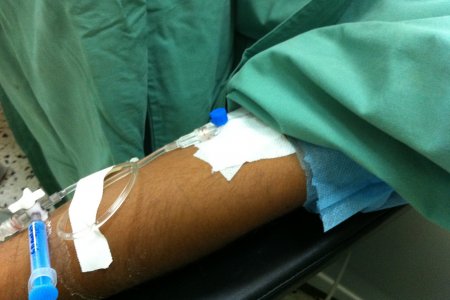 Catherine M. Mullaly
Opinion
Catherine M. Mullaly
Opinion
02/28/2012
Michaël Neuman
Two operational situations have recently caused Médecins Sans Frontières to confront the question of torture and the instrumentalisation of medicine by those who practise it.
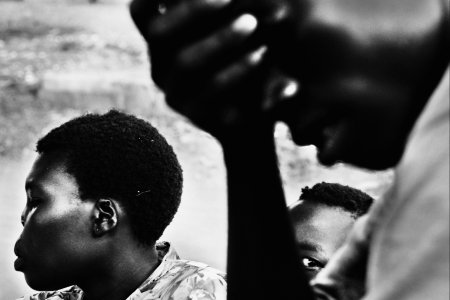 Harald Henden
Opinion
Harald Henden
Opinion
01/23/2012
Marc Le Pape
In "Wartime rapes: men, too", I discussed an article, "The rape of men", by Will Storr published in The Observer on 17 July 2011.
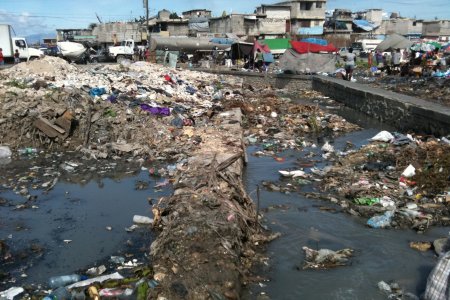 Aurelie Baumel
Opinion
Aurelie Baumel
Opinion
01/25/2012
Claire Magone
Two scientific studies published last year confirmed the origin of the cholera epidemic that struck Haiti in October 2010. It was indeed caused by massive amounts of the bacterium Vibrio cholerae in the Artibonite river delta, originating from the sewage in the Minustah soldiers' camp.
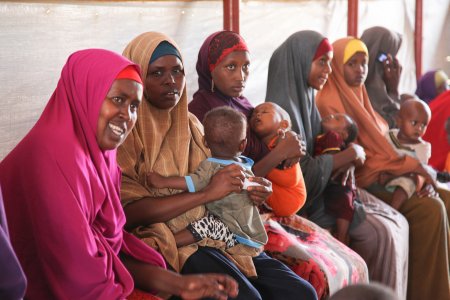 Tom Maruko
Opinion
Tom Maruko
Opinion
01/19/2012
Michaël Neuman
In a report titled "A Dangerous Delay", Oxfam and Save the Children rebuke everyone - governments, humanitarian organisations, the United Nations - who participated in the humanitarian response to the food crisis that struck the Horn of Africa in recent months.
 Harald Henden
Opinion
Harald Henden
Opinion
12/05/2011
Marc Le Pape
Since the beginning of the 2000s, a number of English-language researchers have regularly asked the following question: why do international aid organisations pay so little attention to rapes of men and boys committed during armed conflicts?
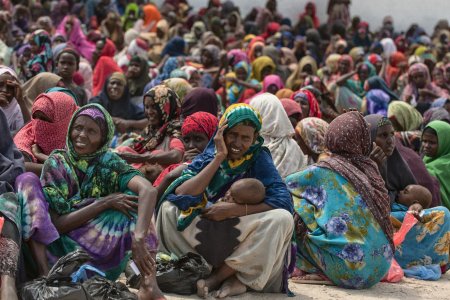 Yann Libessart
Opinion
Yann Libessart
Opinion
09/22/2011
Hakim Chkam
Humanitarian assistance has become entangled with migration and security agendas. Indeed, most humanitarian assistance in Somalia and in refugee camps is subordinated and in support of these two agendas.
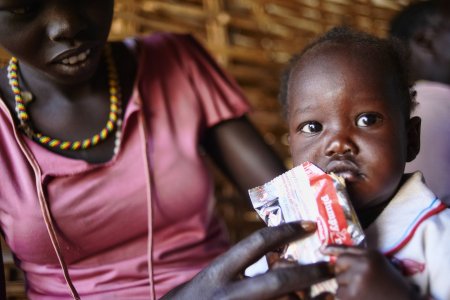 Marcell Nimfuehr
Opinion
Marcell Nimfuehr
Opinion
09/12/2011
Jean-Hervé Bradol
For the past several months, news about food shortages and famines affecting large segments of the East African population have been fueling donation appeals from major public and private aid organizations.
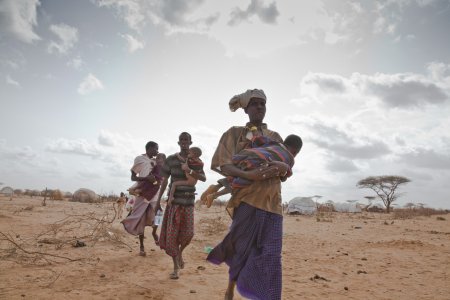 Brendan Bannon
Interview
Brendan Bannon
Interview
08/05/2011
Rony Brauman
The United Nations announces a famine and that 12.4 million people are threatened by drought in the Horn of Africa. Radio and television repeatedly broadcast an appeal for donations to UNICEF, brandishing disturbing figures.
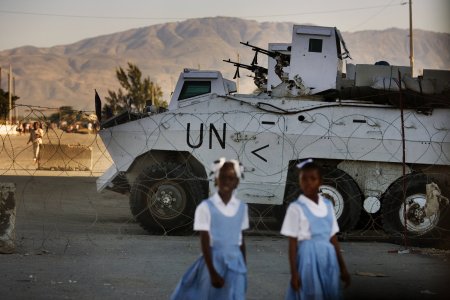 Pep Bonet
Opinion
Pep Bonet
Opinion
01/14/2011
Rony Brauman
Fabrice Weissman
One year after the earthquake in Port-au-Prince, a number of observers and actors are questioning the international aid : reconstruction is at a standstill, homeless people are still facing the same situation and the deadly cholera epidemic reminds us that international aid has not helped to improve the very poor sanitation system.
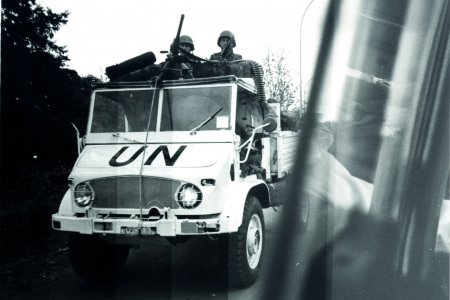 Xavier Lassalle
Opinion
Xavier Lassalle
Opinion
09/28/2010
Jean-Hervé Bradol
The United Nations has again raised the question of the implication of the Rwandan Patriotic Front (RPF) - in power in Rwanda since July 1994 - in crimes committed between 1993 and 2003 in the Democratic Republic of Congo.
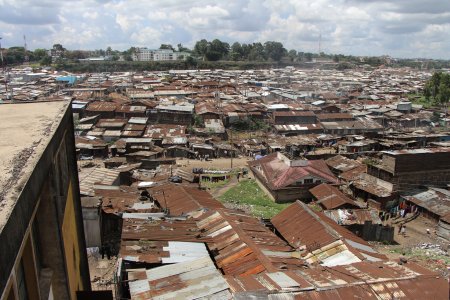 Jean-Christophe Nougaret
Opinion
Jean-Christophe Nougaret
Opinion
09/23/2010
Rony Brauman
The main objective of the United Nations Development Millennium Goals - a consensus if ever there was one - is to end poverty.
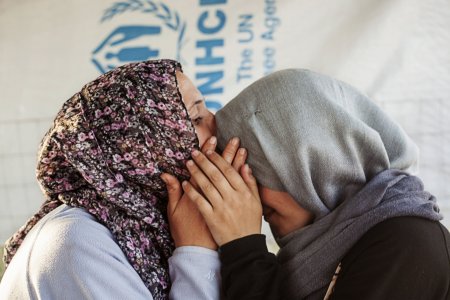 Raghad El Souad
Opinion
Raghad El Souad
Opinion
09/13/2010
Claire Magone
UN Women was created in July 2010, after intense negotiations between United Nations member states and women's rights organizations. This new structure will take over the mandates of the four UN organizations heretofore devoted to gender issues.
 Catherine M. Mullaly
Opinion
Catherine M. Mullaly
Opinion










